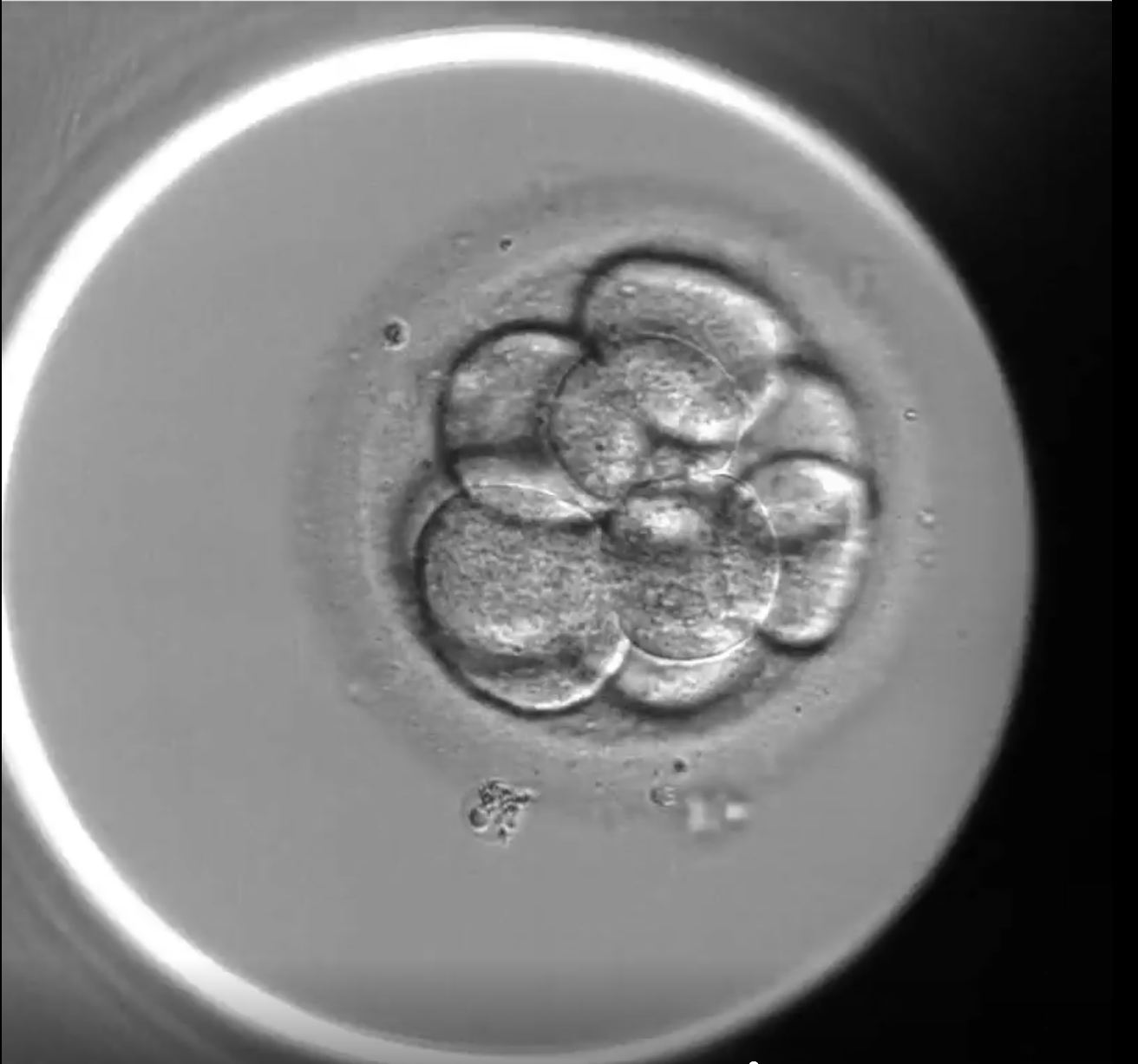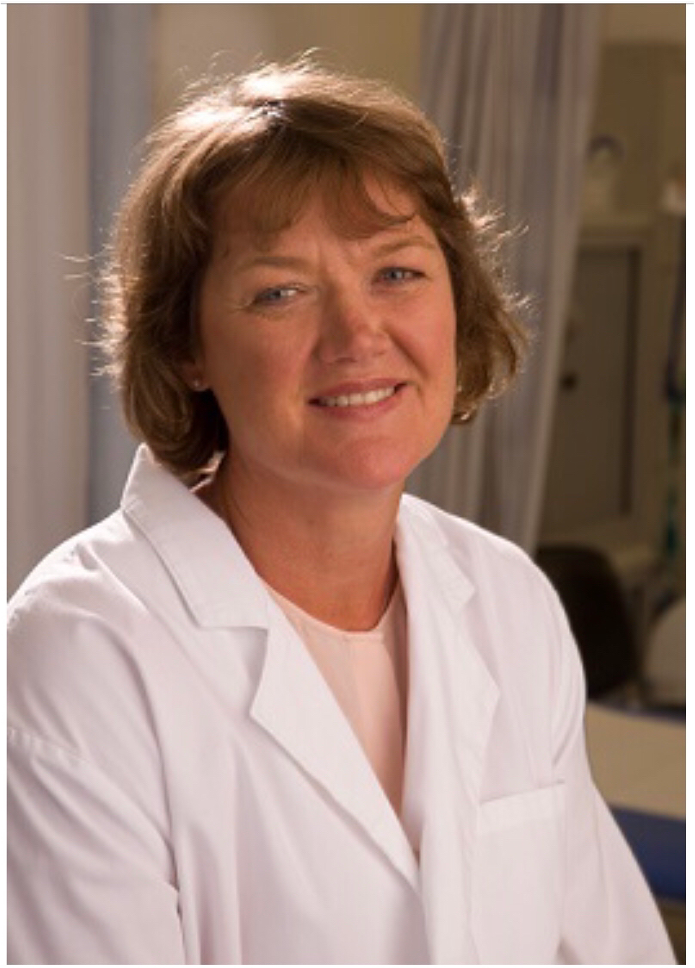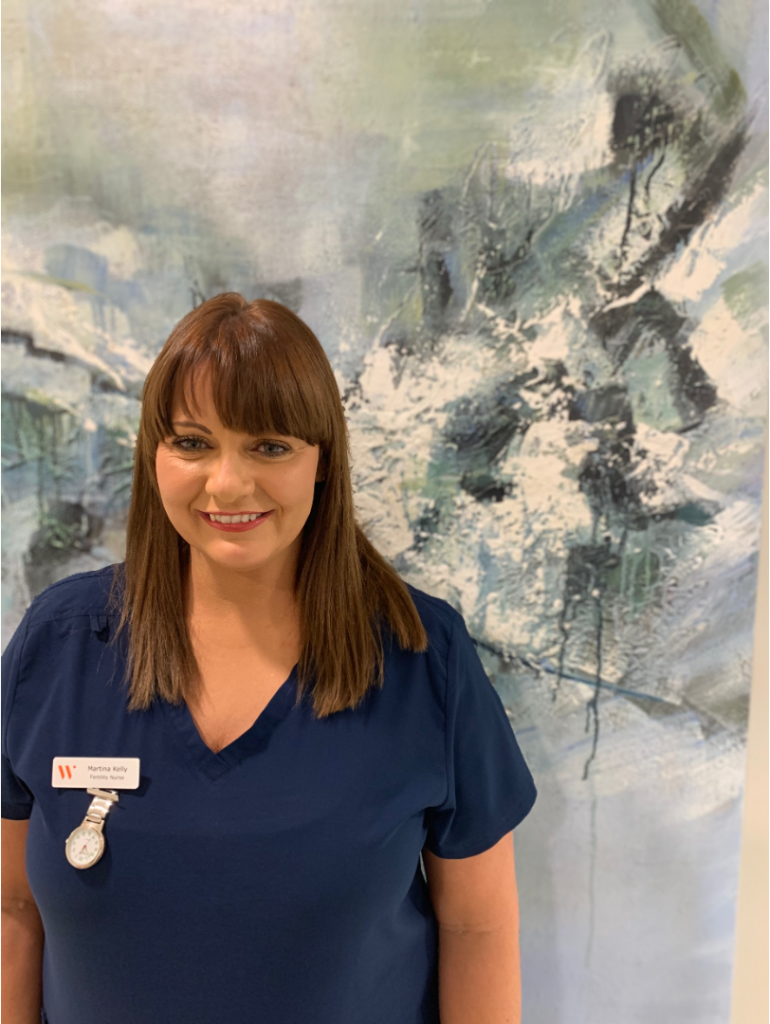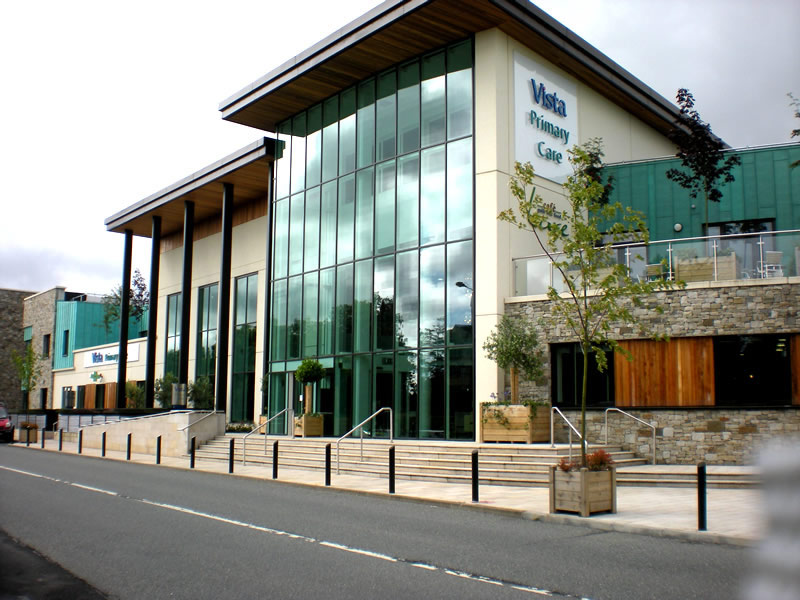Updated 6 Jan 2022
COVID-19 OUTBREAK AND THE REPERCUSSIONS FOR OUR PATIENTS AT WATERSTONE CLINIC
The prevalence of the virus in the Irish population is higher now than at any previous time, and extreme vigilance is necessary over the next couple of months.
CORONAVIRUS INFECTION: SYMPTOMS, TRANSMISSION, PROTECTION
This infection remains a threat to our patients and our staff. It is highly contagious, particularly because infected persons can transmit the virus before they develop symptoms. Symptoms include fever, cough, difficulty breathing, tiredness, sore throat, and loss of taste or smell. Coronavirus spreads through droplets from infected persons as they breathe but especially when they cough, sneeze, shout, laugh or sing. Inhalation of infected droplets is the most important route of infection, touching infected surfaces (on which infected droplets have landed) is a possible but less likely route of infection. Small, poorly ventilated spaces, particularly cars, are dangerous places. Vaccination has proved highly successful in preventing transmission of the virus and in preventing hospitalisation and death in those vaccinated. Vaccination is not completely protective and may be less protective against new strains, such as the Delta variant. For these reasons, social distancing and mask-wearing continue to be important in preventing an infected person from passing the virus to others.
Waterstone Clinic has a responsibility to its patients and staff to minimise the risk that the virus is transmitted in our facility. We also have a duty to point out the potential risks of coronavirus infection in pregnancy. Patients and staff must comply with the protective measures we have introduced.
THE RISKS OF COVID-19 IN PREGNANCY
While the European Society of Human Reproduction and Embryology (ESHRE) has given its approval that all fertility treatments can continue, patients must be aware that COVID-19 has introduced a new element of risk for pregnant women.
Pregnant women with COVID-19 infection appear twice as likely to be admitted to intensive care units and to require ventilation, compared to their non-pregnant peers. The likelihood of death for pregnant women with COVID-19 also appears greater. The absolute risk of death for pregnant women with COVID-19 in the Western world appears to be about 1 in 1,000: this is a small risk, but a new risk for pregnant women that did not exist previously.
With regard to risk for the fetus in pregnancies affected by COVID-19: there does not appear to be an increased risk of early miscarriage or birth abnormalities, nor is there any convincing evidence of vertical transmission (i.e. from mother to fetus). There is certainly an increased risk of premature delivery (3 times higher than in the general pregnant population) either because of premature rupture of the membranes or because of concerns about maternal wellbeing. Extremely premature delivery can result in death or disability for the baby. Evidence is also emerging of a possible increased risk of stillbirth in pregnancies complicated by COVID-19.
GUIDELINES ON VACCINATION AND PREGNANCY
Official advice about vaccination for women who are pregnant, or hoping to conceive, has been confusing and has changed over time. In the USA, all of the professional medical bodies concerned with fertility and pregnancy care are agreed that the mRNA vaccines (Pfizer or Moderna) should not be withheld from women who are trying to conceive, who are pregnant, or who are breastfeeding. The American Society for Reproductive Medicine (ASRM) has actually recommended that patients undergoing fertility treatment should be encouraged to receive the vaccination.
The advice from similar authorities in the UK and Ireland have been less clear-cut and has tended to be non-directive. Advice from professional bodies for women who are pregnant or are hoping to conceive is bound to change as time passes. Irish women who are pregnant are being offered either the Pfizer or Moderna vaccines by the HSE and are being advised not to be vaccinated either before 14 weeks or after 36 weeks.
WATERSTONE CLINIC GUIDELINES ON VACCINATION AND FERTILITY TREATMENT
Waterstone Clinic recommends that patients hoping to become pregnant avail of vaccination if offered it. We recommend that patients complete vaccination before undergoing any fertility treatment. Ten days should elapse between the second vaccine dose and the day that FSH injections (or Clomid or Letrozole tablets) begin in IVF, IUI, or OII cycles. In FET cycles, 10 days should elapse between the second vaccine dose and the day that estrogen treatment begins (or Day 2 in natural or FSH stimulated FET cycles).
Similarly, for men, at least 10 days should elapse between the second vaccine dose and the production of a semen sample for treatment purposes.
Alternatively, patients offered vaccination could proceed with planned fertility treatment and postpone vaccination until pregnancy (after 14 weeks gestation) or after a negative pregnancy test.
WATERSTONE CLINIC GUIDELINES ON TRAVEL
For patients who are travelling internationally before beginning their treatment, our guidelines depend on vaccination status.
Patients who are fully vaccinated can begin their treatment cycles without delay or additional COVID-19 testing.
For patients who have received only one dose or are unvaccinated, ten days must elapse between their return and the day that FSH injections (or Clomid or Letrozole tablets) begin in IVF, IUI, or OII cycles. In FET cycles, 10 days should elapse between the date of return and the day that estrogen treatment begins (or Day 2 in natural or FSH stimulated FET cycles). For male partners, at least 10 days must elapse between returning and the production of a semen sample for treatment purposes.
Patients returning from a holiday abroad who develop any symptoms suggestive of COVID-19, must not visit the Clinic and must inform the clinical team immediately.
MINIMISING COVID-19 RISK DURING TREATMENT AT THE CLINIC
Waterstone Clinic continues to take all possible precautions to minimise the risk of transmission of the virus at Clinic visits. We are concerned that the easing of restrictions in June and July 2021 may have been premature and that a further wave of infection (particularly in the young) is inevitable. We are therefore requiring patients to continue to social distance in the Clinic and to wear masks.
We are also insisting that partners do not attend consultations in person, but take part over the phone or by video call. During treatment cycles, partners or accompanying people are not to enter the building other than to produce semen samples or to support patients after egg collection procedures. Under exceptional circumstances, partners or accompanying persons may be requested to attend by the clinical team.
Some patients are unhappy that Waterstone Clinic’s current protocols concerning COVID-19 risk are more stringent than those in HSE hospitals. We can understand this, but make no apologies about our attempts to minimise risks for our patients we hope will become pregnant, and their unborn children. This is not a trivial disease for pregnant women. We will reassess our protocols at the end of September 2021.
Patients must continue to restrict their social interactions and behaviour outside of Waterstone Clinic in the course of treatment cycles to keep themselves and others safe. Patients will be questioned in order to assess individual risk and give appropriate advice. Tests for COVID-19 may be required and treatment cycles may need to be cancelled.
MINIMISING COVID-19 RISK IN PREGNANCY
Patients who become pregnant at Waterstone Clinic must understand the potential risks of COVID-19 and do all that they can to minimise the possibility of picking up the infection. Infection in late pregnancy (after 26 weeks) appears most dangerous, and we would advise that you take extreme caution at this time. Waterstone Clinic strongly recommends strict social distancing, reinforced by mask-wearing, for all patients pregnant during this pandemic. Super spreader events (such as the church choir practice in Washington State) have demonstrated the ability of an individual with minimal or no symptoms to infect large numbers of people in the vicinity. Any individual (who is not a household member) represents a potential danger to a pregnant woman if they are within a two-meter range and masks are not being worn by both parties. Pregnant women can now reduce their work-related risk by availing of the vaccination being offered by the HSE. Women whose work exposes them to the public should check with the HR or Occupational Health Department of their employer to discuss decisions and ways around risk reduction in pregnancy.




 We are thrilled to welcome Dr Eithne Lowe to the team at Waterstone Clinic to the position of Consultant in Reproductive Medicine. She will work mainly at our new flagship clinic in Dublin city centre. Founded by Dr John Waterstone, we are opening its new fertility clinic in Dublin later this month in response to the growing demand for our expertise in Ireland.
We are thrilled to welcome Dr Eithne Lowe to the team at Waterstone Clinic to the position of Consultant in Reproductive Medicine. She will work mainly at our new flagship clinic in Dublin city centre. Founded by Dr John Waterstone, we are opening its new fertility clinic in Dublin later this month in response to the growing demand for our expertise in Ireland.



